Advertisement
While there’s little risk in trying this hair care treatment, there isn’t much science to back up the claims
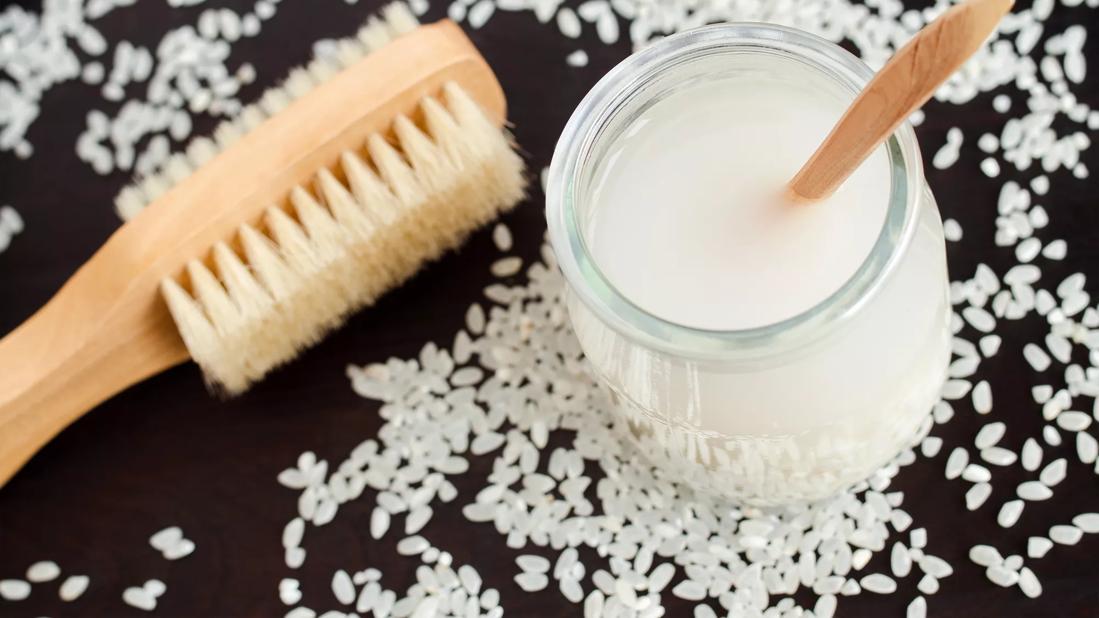
The secret to longer, stronger and shinier hair might be in your kitchen cupboard.
Advertisement
Cleveland Clinic is a non-profit academic medical center. Advertising on our site helps support our mission. We do not endorse non-Cleveland Clinic products or services. Policy
Using rice water to boost hair health is a concept that dates back centuries in Asian culture. In more modern times, the idea has received millions of hair-flipping endorsements on social media.
But will a rice water rinse truly give you locks that you’ll love? While millennia of beauty parlor chatter says yes, let’s comb through what’s fact and fiction with dermatologists Shilpi Khetarpal, MD and Alok Vij, MD.
Rice water is the starchy liquid created when rice is soaked or cooked in water. The cloudy concoction holds many of the nutrients that make rice one of the world’s most important food sources.
So, how might that help your hair? Let’s start with the starch in rice that’s released into the water.
“The starch acts like a conditioner,” explains Dr. Vij. “It lays on the outer follicle of hair, what’s called the cuticle, and works to prevent the follicles from rubbing against each other and fraying or breaking.”
Rice also contains an antioxidant known as inositol, which has been touted as a “hair growth agent,” plus a long list of vitamins and minerals that may protect hair against damaging stresses.
Those vitamins and minerals include:
The list of perks connected to rice water runs as long as Rapunzel’s fairy tale hair. Fans of rice water say it can make your hair shinier and stronger, while also keeping troublesome tangles to a minimum.
But the big selling point is hair growth. Legend has it that rice water helped women of the imperial court during Japan’s Heian period grow floor-length hair. The long tresses were called kurokami.
And today in China, rice water is part of a regimen that earned the town of Huangluo a Guinness Book of World Records designation as the “World’s Longest Haired Village.”
But is rice water really that powerful?
“Anecdotally, there seems to be a lot of potential benefit to using rice water on your hair,” notes Dr. Khetarpal. “But it’s not something that has been scientifically proven.”
Advertisement
Besides that, most people’s hair growth is genetically coded, emphasizes Dr. Vij. “There are some modifiable factors such as nutrition, age and overall health, but haircare practices themselves are usually a very minor component,” he says.
Aside from depleting your pantry supplies, there’s little reason to worry about using rice water on your hair. “There are no harmful chemicals or additives, so that limits your risk of damage,” says Dr. Khetarpal.
But if you’re dealing with scalp inflammation, she cautions against using rice water to avoid additional irritation.
Not rinsing the mixture thoroughly from your hair and scalp also could cause irritation.
As far as DIY beauty projects go, it doesn’t get much easier than rice water. (The name of this hair elixir also serves as the ingredient list, after all.)
There are three main ways to make rice water, including:
Advertisement
Dr. Khetarpal says the shorter option offers you the best chance of success. The boiling process may diminish some of the nutrients, she notes, while the long soak could add bacteria into your mix.
Most online instructions for making rice water call for rinsing the rice before starting the process and straining the final product. More detailed steps can be found with a quick internet search.
Once you have your rice water, instructions for using it are pretty simple. “After finished washing your hair, douse your hair in the rice water and let it sit for about 20 minutes before you rinse it out,” instructs Dr. Vij.
Multitaskers, rejoice: Dinner and a ‘do (hairdo, that is) are on the table. There’s no reason for you to throw out all that rice after making rice water, says Dr. Khetarpal. Nothing in the process makes the rice inedible.
Plus, eating the rice allows its nutrients to help your whole body instead of just your hair. As a bonus, soaking rice shortens its cooking time, too.
So, should you raid your pantry to improve your hair? In the end, it’s a personal decision, say Dr. Khetarpal and Dr. Vij. There isn’t really any harm in trying this legendary tactic for more luxurious locks.
“Anecdotal evidence is great, but there’s not a lot of scientific evidence behind using rice water,” reiterates Dr. Vij. “But as I always tell my patients, ‘If something works for you, I can’t argue with that.’”
But if rice water isn’t quite your thing, and you’re looking for ways to boost your hair growth, here are a few other options you might want to consider.
Advertisement
Learn more about our editorial process.
Advertisement
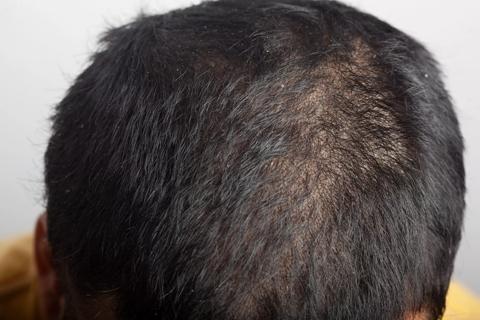
Calm an itchy scalp by using medicated shampoo, avoiding blow-drying and resisting the urge to scratch
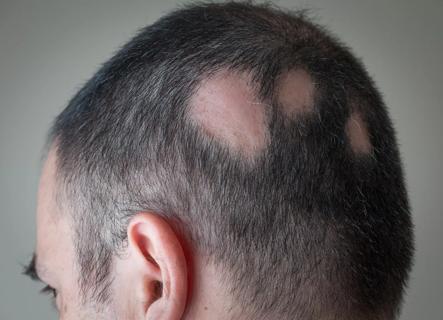
A gentle hair care routine, stress reduction and sun protection can help reduce flares and maintain your locks
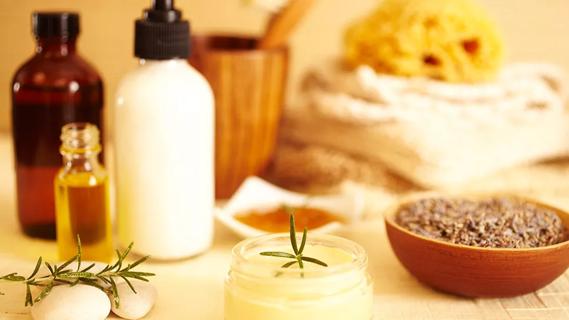
Home remedies may help your hair, but don’t expect them to cure the autoimmune disease
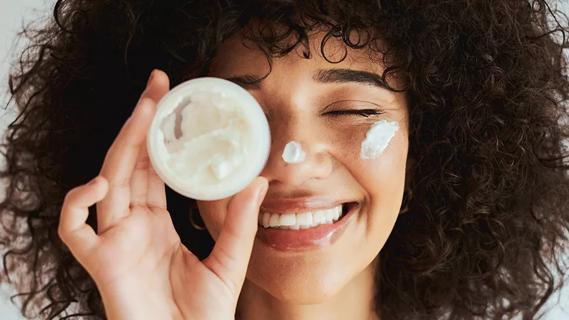
Pantothenol is a powerful moisturizer and can help repair damaged skin and hair
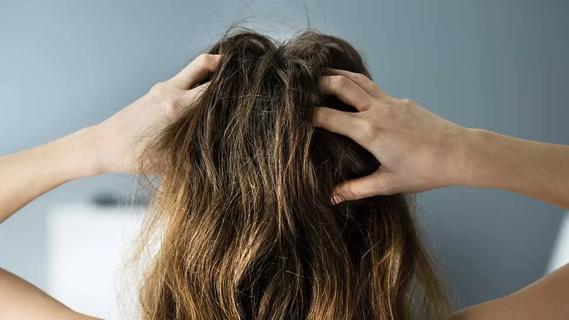
Options range from allergic reactions and head lice to chronic conditions and fungal infections
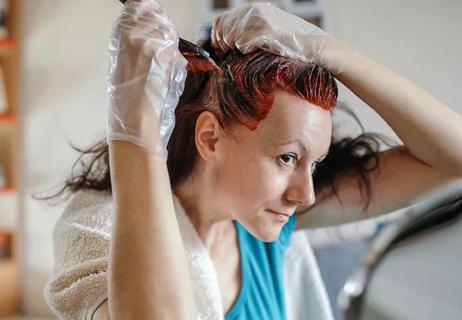
Research shows some associations and concerns, but no definitive connections
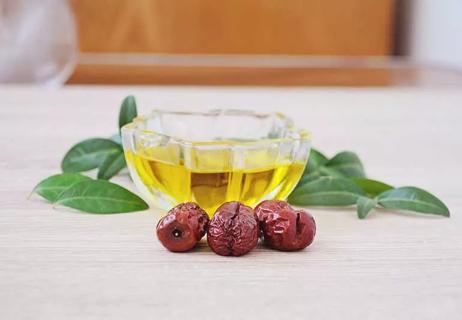
The powerhouse oil fights fine lines and wrinkles, soothes sunburn and a whole lot more
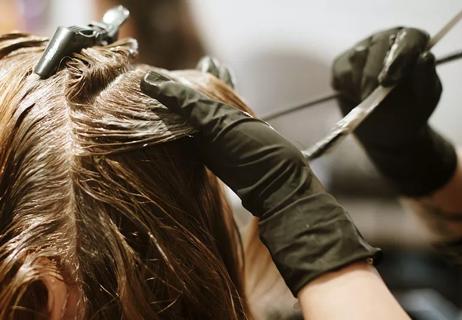
Study results don’t conclude hair straighteners cause cancer, but they do raise questions

Focus on your body’s metabolic set point by eating healthy foods, making exercise a part of your routine and reducing stress

PFAS chemicals may make life easier — but they aren’t always so easy on the human body

While there’s little risk in trying this hair care treatment, there isn’t much science to back up the claims